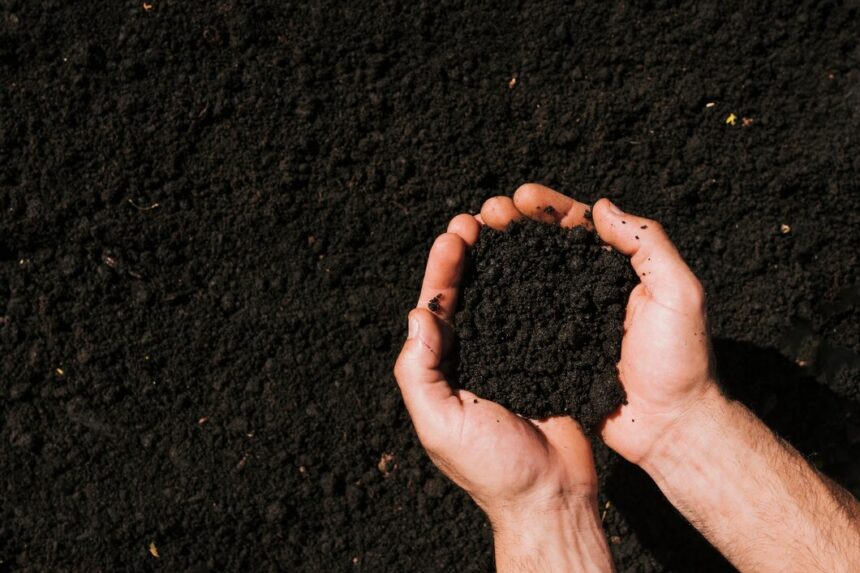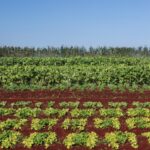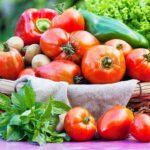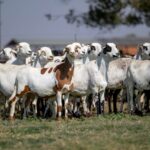Biodynamic farming is a holistic and regenerative approach to agriculture that aims to create a self-sustaining ecosystem. It blends modern organic farming practices with ancient agricultural wisdom, focusing on soil health, crop rotation, and animal welfare. For South African farmers, implementing biodynamic practices can improve soil fertility, promote biodiversity, and increase crop yields, all while being environmentally sustainable.
What Is Biodynamic Farming?
Biodynamic farming originated from a series of lectures given by Austrian philosopher Rudolf Steiner in 1924. It views the farm as a living organism, where everything—from soil to plants and animals—is interconnected. The goal is to enhance the farm’s natural systems, making it more self-sustaining and resilient.
Key Principles of Biodynamic Farming
- Soil Health
Healthy soil is the foundation of biodynamic farming. Farmers focus on building nutrient-rich soil through composting, cover cropping, and minimal soil disturbance. This not only boosts crop growth but also prevents soil erosion—a common challenge in South Africa’s arid regions. - Biodiversity
Biodynamic farms prioritize diversity in crops, animals, and insects. Intercropping and crop rotation are practiced to avoid monoculture, which depletes soil nutrients and encourages pests. Diverse ecosystems help balance the farm’s health by naturally controlling pests and diseases. - Natural Preparations
Biodynamic farming uses specific natural preparations to boost soil fertility and plant vitality. These preparations, made from herbs, minerals, and animal manure, are used as compost additives or sprayed directly onto crops and fields. For example, preparation 500 (cow manure buried in cow horns during winter) is applied to the soil to enhance microbial life. - Planting and Harvesting According to Lunar Cycles
Biodynamic farmers follow the lunar calendar to determine the best times for planting, watering, and harvesting crops. According to this principle, the gravitational pull of the moon affects water in the soil, much like it affects ocean tides. South African farmers can utilize this approach to optimize yields in alignment with natural cycles. - Animal Integration
Livestock plays an important role in biodynamic farming. Animals not only provide manure for compost but also contribute to the farm’s biodiversity. For example, integrating chickens into a farm’s system can help control pests while fertilizing the land. South African farmers with mixed farming operations can benefit from this balanced approach. - Closed-Loop System
A core principle of biodynamic farming is minimizing the use of external inputs. Instead, farmers aim to create a closed-loop system where everything the farm needs—fertilizers, seeds, feed—is produced on-site. This approach reduces dependency on chemical inputs, which are not only expensive but can harm the environment over time.
Why Biodynamic Farming Makes Sense for South Africa
South Africa’s farming sector faces significant challenges, including water scarcity, soil degradation, and climate change. Biodynamic farming offers solutions to these problems by emphasizing soil health, efficient water use, and sustainable crop production.
- Water Conservation
In drought-prone regions, biodynamic practices such as cover cropping and mulching help retain soil moisture, reducing the need for irrigation. By improving soil structure, these practices also enhance the soil’s ability to absorb and hold water. - Resilience to Climate Change
Biodynamic farms are better equipped to handle erratic weather patterns, as the diversity of crops and animals creates a more balanced ecosystem. This diversity reduces the risk of total crop failure due to pests, diseases, or adverse weather conditions. - Market Demand
There’s growing demand for organic and sustainably produced food in South Africa and abroad. Biodynamic products, certified by international standards, often fetch premium prices, offering an opportunity for farmers to improve their profitability while meeting consumer preferences for eco-friendly products.
Getting Started with Biodynamic Farming
For South African farmers interested in transitioning to biodynamic farming, here are a few steps to get started:
- Educate Yourself: Attend biodynamic farming workshops or courses to understand the principles in-depth. Join farming communities or associations focused on biodynamic practices.
- Start Small: Begin by implementing one or two practices, such as composting or crop rotation, and gradually expand.
- Create Compost: Use biodynamic preparations to enrich compost. This can significantly boost soil health and improve crop yields.
- Follow the Lunar Calendar: Incorporate lunar cycles into your planting and harvesting schedule for optimized growth.
- Certify Your Farm: Once established, seek biodynamic certification to gain access to premium markets and increase your farm’s visibility.
Biodynamic farming offers South African farmers a sustainable and regenerative approach to agriculture. By focusing on soil health, biodiversity, and the use of natural preparations, farmers can create resilient, productive ecosystems that are better equipped to face the challenges of modern farming. Starting small and learning along the way, South African farmers can gradually shift towards biodynamic methods and reap the benefits of a balanced and sustainable farm system.
Join 'Farmers Mag' WhatsApp Channel
Get the latest Farming news and tips delivered straight to your WhatsApp
CLICK HERE TO JOIN






